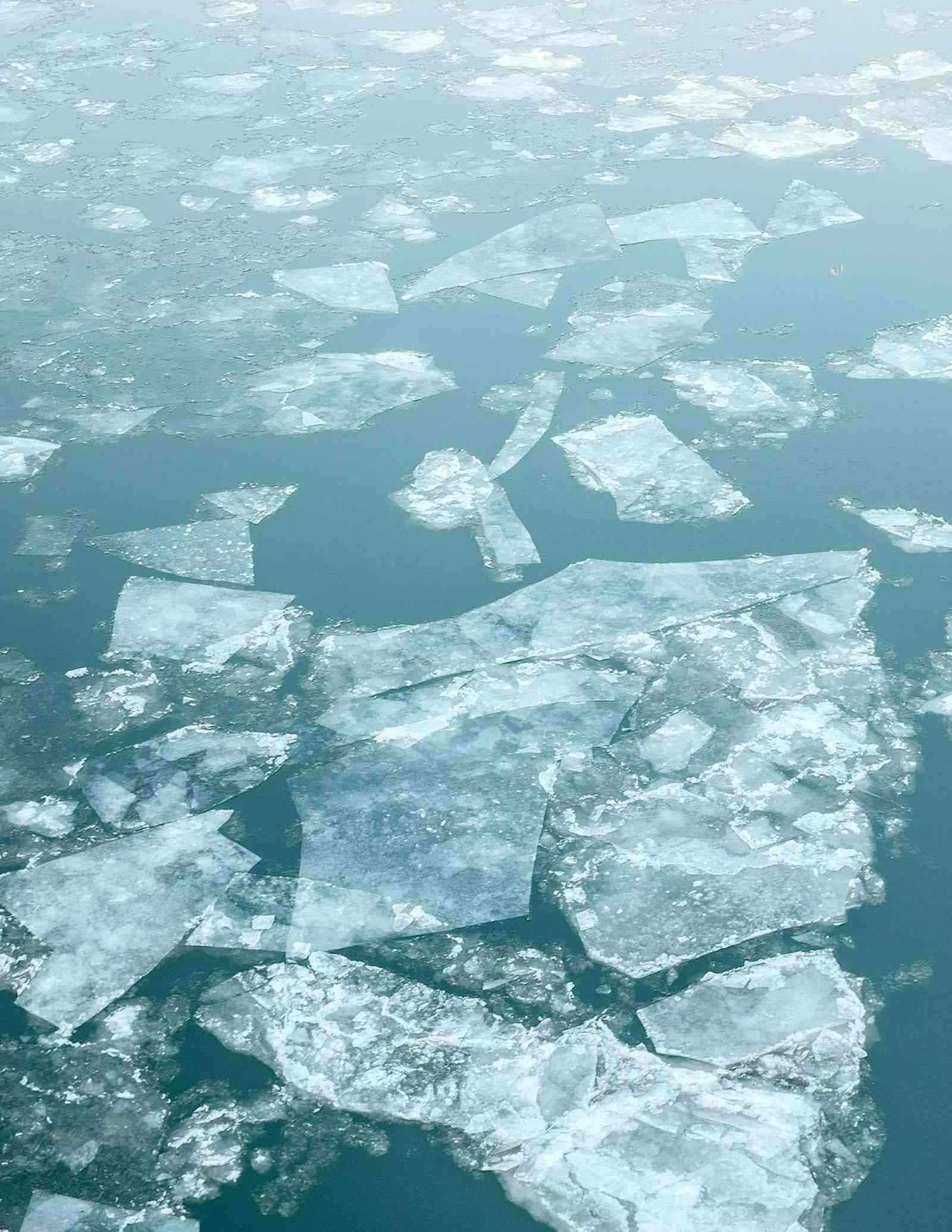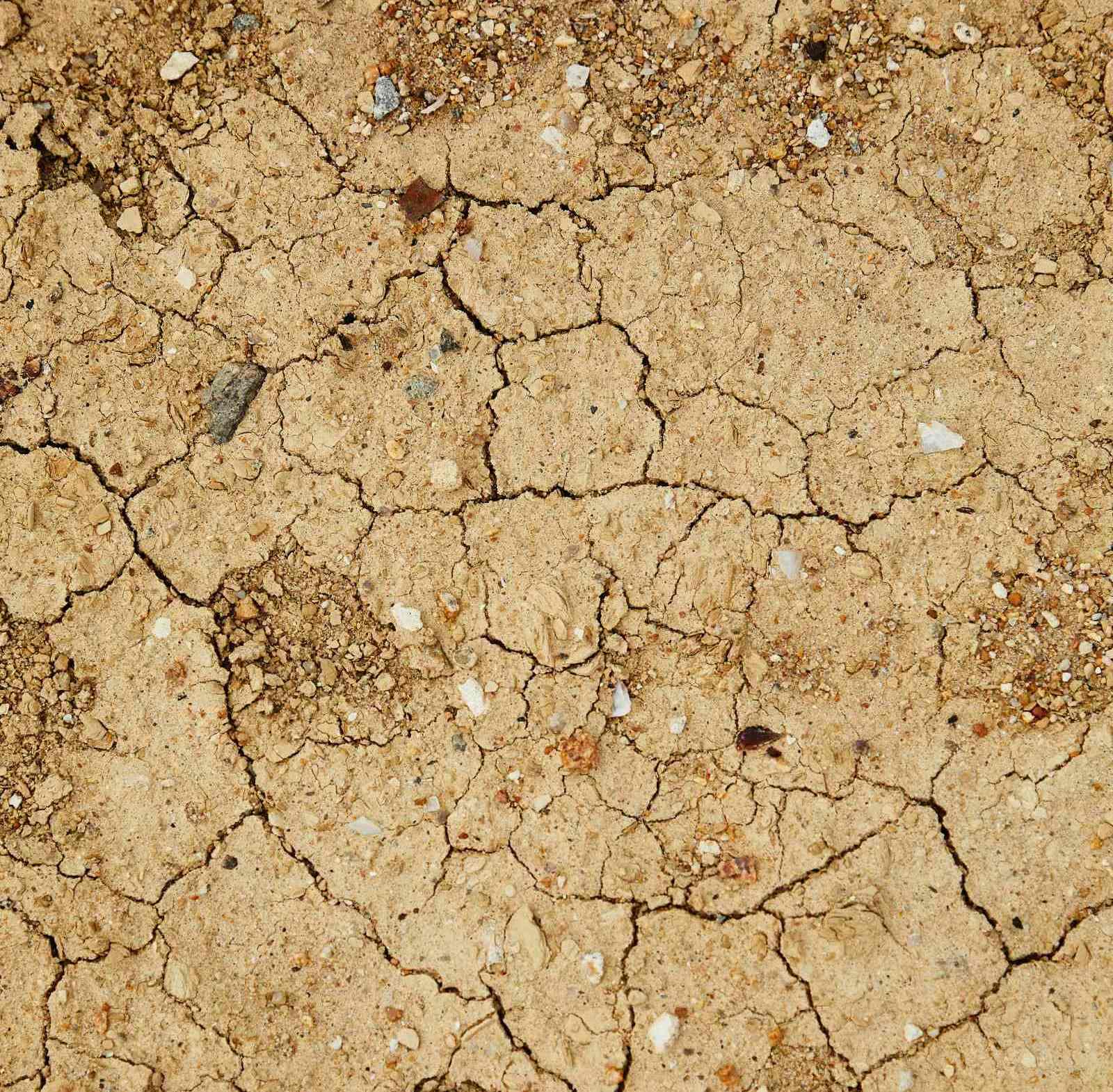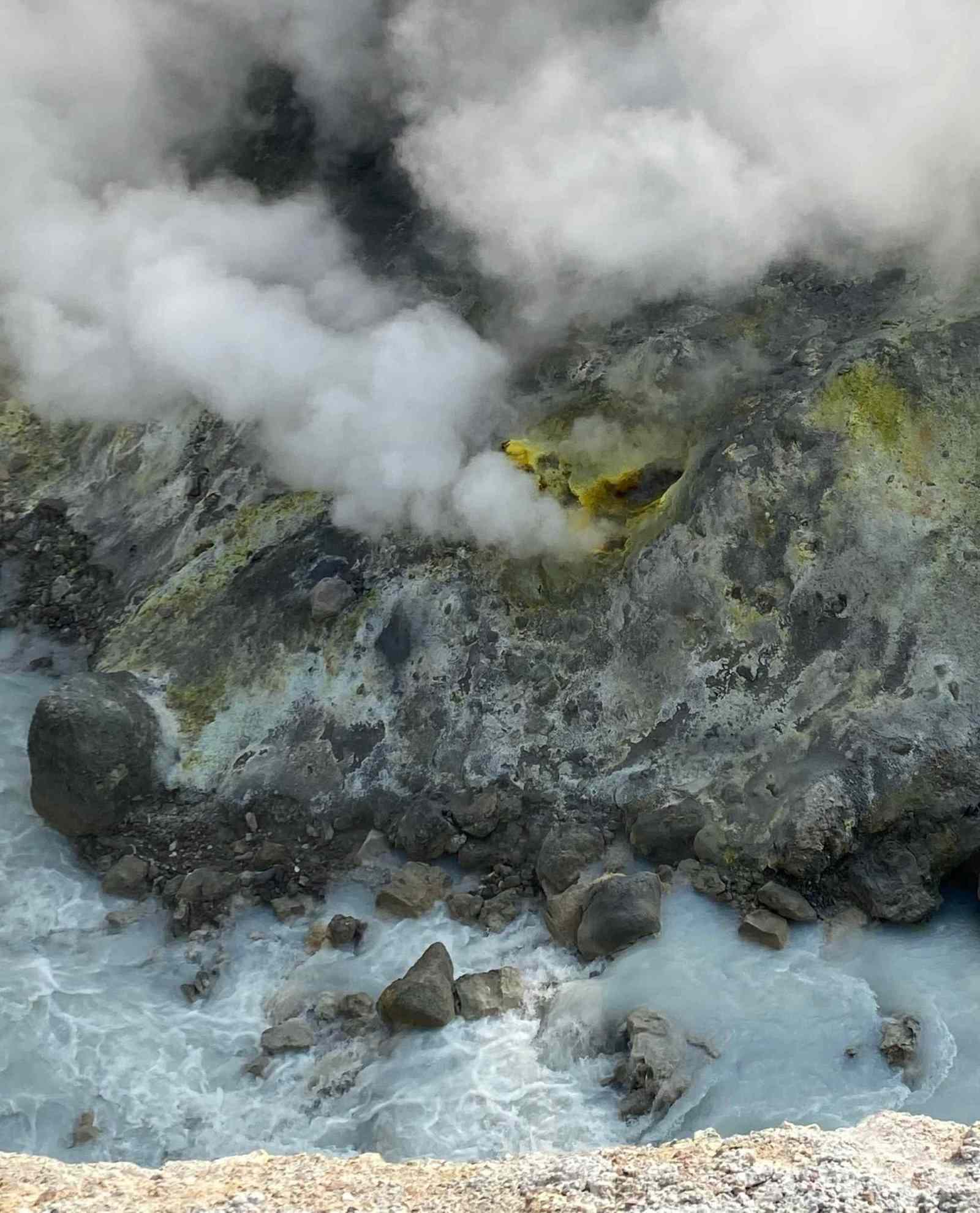ClimTip
Countries / Regions
Global: Walker Institute focus is on the Sahel region including Senegal, Burkina Faso, Niger, Mali, Chad, Nigeria
Partners
Technische Universität München (TUM); Bayerische Forschungsallianz Bavarian Research Alliance GmbH (BayFOR); Alfred-Wegener-Institut, Helmholtz-Zentrum Für Polar- Und Meeresforschung (AWI); École Normale Supérieure (ENS); Ludwig-Maximilians-Universität München (LMU); Potsdam-Institut Für Klimafolgenforschung (PIK); Universidad Complutense De Madrid (UCM); Københavns Universitet (UCPH); Uppsala Universitet (UUPS); Universiteit Utrecht (UU); Centre National De La Recherche Scientifique CNRS (CNRS-UMON); Università Degli Studi Di Firenze(UNIFI); Universität Bern (UBERN); Beijing Normal University (BNU); The World Bank Group (WB); The University Of Reading (UREAD); The University Of Exeter (UEXE); Met Office (METO); London School Of Economics And Political Science (LSE); University Of Leicester (ULEIC); Universitetet i Tromsø – NorgesArktiske Universitet (UiT)
Funders
European Union; UKRI
Timescale
Project Team
Prof. Rosalind Cornforth, Walker Institute; Dr Celia Petty, Walker Institute; Daniel Mardi, Walker Institute; Prof. Niklas Boers, Technical University of Munich (Project coordinator); Dr. Sebastian Bathiany, Technical University of Munich
Background
Global research for a rapidly changing world. We work across the globe to ensure that people can make timely and correct decisions about how to avoid or manage the impacts of climate change. Data transparency and risk mitigation research in the Sahel region of Africa are key components of the ClimTip project. The climate of the Sahel is characterised by extreme temperatures with fluctuating periods of intense rainfall and drought. The area is particularly vulnerable to climate change, according to the United Nations, with temperatures increasing at 1.5 times the rate of the global average. In recent years, droughts have been more frequent in the already-arid conditions and increasingly pose challenges for crop production. Extensive soil erosion has degraded some land to the point of unproductivity, and widespread desertification is putting increased strain on economic livelihoods and food production, resulting in low social outcomes, food insecurity, and the forced migration of whole communities.


Our Research
ClimTip focuses on understanding abrupt transitions in Earth system components, improving modelling representation of tipping elements, estimating critical forcing levels and rates, identifying unknown tipping potential, determining present stability, setting up early warning systems, quantifying impacts of tipping events, enhancing resilience, assessing socioeconomic costs, and improving public knowledge and awareness. Our contribution to the project will investigate the effects of climate change and tipping points on livelihoods across the Sahel region.
Our Research
ClimTip focuses on understanding abrupt transitions in Earth system components, improving modelling representation of tipping elements, estimating critical forcing levels and rates, identifying unknown tipping potential, determining present stability, setting up early warning systems, quantifying impacts of tipping events, enhancing resilience, assessing socioeconomic costs, and improving public knowledge and awareness. Our contribution to the project will investigate the effects of climate change and tipping points on livelihoods across the Sahel region.

Our Impact
The outcomes of ClimTip will include enhanced scientific understanding of tipping points, improved Earth system models, early warning systems for major tipping elements, mitigation and adaptation strategies, and increased public awareness of the risks associated with tipping points. Specifically, in the Sahel region, the project aims to contribute to strategies for mitigating the impacts of climate change, enhancing resilience, and improving socioeconomic outcomes for vulnerable communities.
This work is funded by UK Research and Innovation (UKRI) under the UK government’s Horizon Europe funding guarantee [grant number 10093440] and by the European Union [Grant Agreement Number: 101137601]


